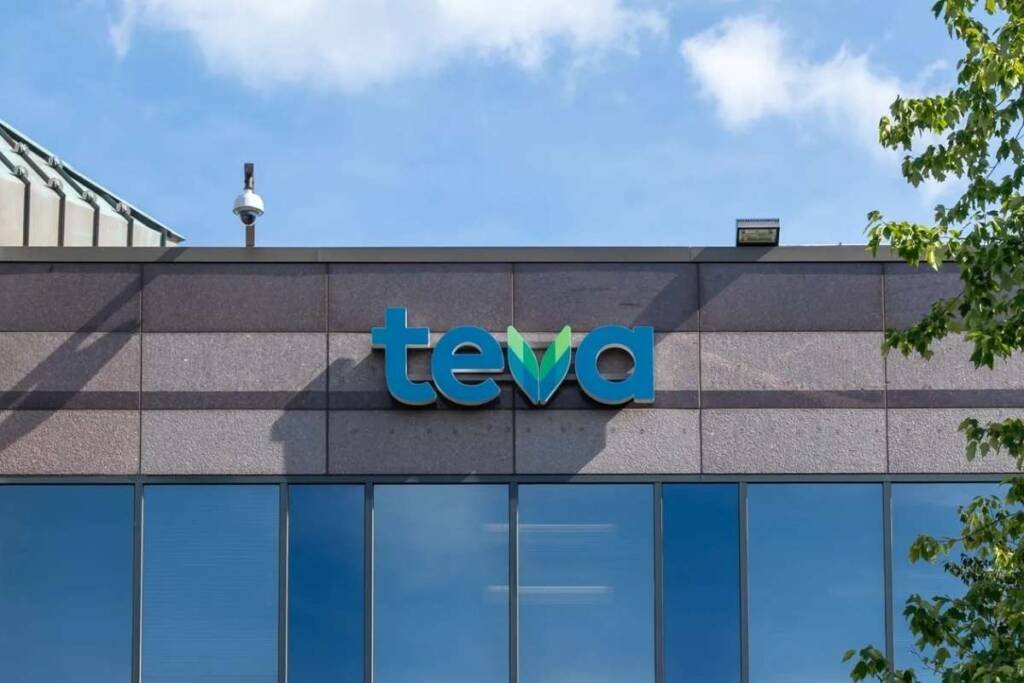Teva Pharmaceutical is shifting its focus back to its core businesses in generics and biosimilars, seeing promising opportunities in both markets. The company recently reached a settlement of up to $4.25 billion to resolve thousands of U.S. opioid lawsuits, signaling its intention to put the litigation behind and concentrate on patient care.
The settlement, subject to sufficient plaintiff adoption, will be paid out over 13 years, with an additional $100 million earmarked for Native American Tribes. Part of this sum includes Teva’s generic version of the overdose reversal drug, Narcan, which will be offered over ten years or replaced with cash. However, before finalizing the agreement, Teva needs to resolve the ongoing opioid liability issue with AbbVie’s Allergan unit, which arose after Teva acquired Allergan’s generics business in 2016.
Despite the challenges posed by the opioid lawsuits, Teva reported $3.8 billion in second-quarter revenues, with a 1% increase in local currency sales attributed to stronger generic sales in Europe and the U.S. The company’s North American generics also showed positive momentum, boosted by the success of its Revlimid and Epipen copycats, as well as its Rituxan biosimilar, Truxima.
On the branded front, Teva highlighted the strong growth of its migraine medication Ajovy, which recently launched in the EU, and its tardive dyskinesia drug Austedo. Austedo’s U.S. sales in the second quarter increased by 17% compared to the previous year, while Ajovy’s global sales grew by 27%, holding a significant market share in both the U.S. and Europe.
Looking ahead, Teva expects total revenues of around $15 billion to $15.6 billion for 2022, slightly lower than its earlier May forecast. The company is confident about its 2023 targets and has its sights set on mid- to single-digit revenue growth by 2027, considering potential small acquisitions to achieve this goal.
Teva’s future strategy revolves around leveraging its strength in generics, expanding its biosimilar portfolio, and focusing on specialty products like Ajovy and Austedo. As the generics market continues to grow due to drug patent expirations, Teva foresees significant opportunities in the sector. Between 2022 and 2026, losses of exclusivity (LOE) for branded drugs are expected to reach $188 billion, presenting an opportunity for generic products. By 2027, Teva estimates the generics market to be worth $369 billion, while the biosimilars market could reach $56 billion.
Despite the challenges posed by the opioid settlement, Teva remains optimistic about its long-term prospects in generics, biosimilars, and specialty drugs, aiming to further solidify its position in the pharmaceutical industry.





























